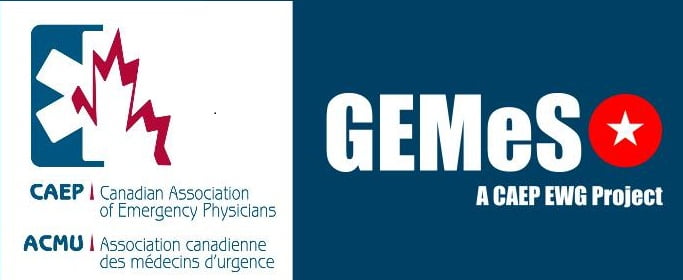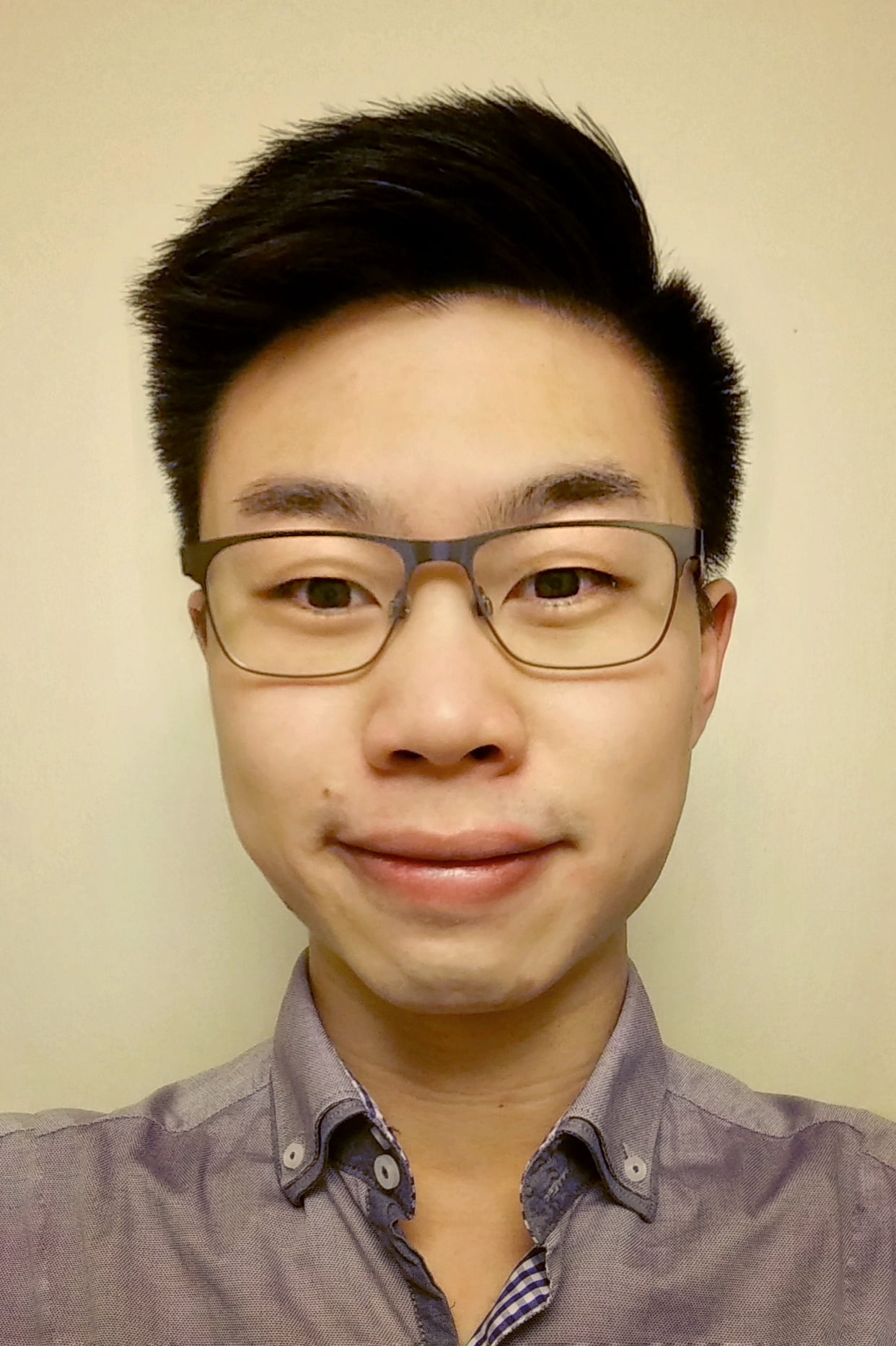Audrey is a 2nd year EM resident who is on her 3rd shift with Dr. Stewart, an EM staff physician. In the middle of the shift, Dr. Stewart tells Audrey that he would like to observe her as she assesses her next patient. Audrey is concerned that his decision to observe her is due to mistakes made in her previous assessment where she did not consider PE as an alternative diagnosis. As a result, Audrey lengthens her standard history and exam, taking 20 minutes to conduct a more thorough assessment.
Direct observation of a resident by a staff physician can lead to useful feedback for the resident, but can also be a source of anxiety. This “Great Evidence in Medical education Summary” (GEMeS – pronounced “gems”), titled “Residents’ Perception of Direct Observation in a Clinical Setting” was originally posted by the CAEP EWG GEMeS Team in July 2017 and answers the question: “How is direct observation (DO) perceived by residents in a clinical setting? And does observation change their learning, behaviour or performance? How can observers make this more productive and effective for the learner?” A PDF version of the GEMeS summary is available here.
Article Reference
LaDonna, K.A., Hatala, R., Lingard, L, Voyer, S & Watling, C. (2017). Staging a performance: learners’
perceptions about direct observation during residency. Medical Education, 51; 498-510. DOI: 10.1111/medu.13232.
Why is this paper relevant to Emergency Medicine education?
With the upcoming implementation of Competency Based Medical Education (CBME) in the postgraduate system in Canada, there will be an increasing demand and need to directly observe residents. This will include supervision and assessment of many different aspects of clinical practice. The team dynamic in the Emergency Department (ED) is ideal for this type of direct observation, but ED flow and patient care could be potential barriers for DO in this environment. There is often a close working relationship between residents and staff Physicians in the ED, and the ED staff Physicians are often familiar with the residents in Emergency Medicine (EM). This means that DO can be performed frequently by familiar people, and therefore hopefully alleviate some of the anxiety that is felt by the residents and allow more productive feedback.
Level of Evidence/Level of Learning
Level VI (qualitative)/Postgraduate medical education
Funding Sources
AMOSO Opportunities Fund (Academic Medical Organization of Southwestern Ontario)
Study Design and Setting
Qualitative; using constructivist grounded theory approach and semi-structured interviews with 22 residents from various specialties. Analysis conducted iteratively, and constant comparative analysis during three stage coding process. This opportunity to participate in one on one interviews was presented via email to all postgraduate students at Schulich Medicine and Dentistry School at the University of Western Ontario.
Synopsis
This study evaluates how residents perceive DO, how it influences their learning and professional development, and generates some recommendations that could allow DO to be more effective and comfortable for the residents.
A total of 22 residents from a variety of specialties and post-graduate years were voluntarily recruited at Western University via email, including 2 from EM. They were asked to describe what they thought the purpose of observation was, reflect on their experiences, and discuss how they thought they were impacted by being observed with respect to their “learning and professional development”.
Overall residents recognized that DO was important and valuable, but it was consistently reported as an anxiety provoking experience. The observed encounters often did not feel authentic or an accurate reflection of their usual clinical interaction. Residents perceived they were being assessed regardless of the purpose of the observation, and felt the need to be overly thorough as if performing an OSCE evaluation. They also believed that the observer impacted their relationship with the patient negatively. The other prominent theme was the perceived intent of the DO encounter. It was frequently interpreted by the resident as being punitive, rather than constructive, especially if it was unplanned or infrequent.
The authors had some suggestions that could be relevant as CBME is introduced. These include ensuring the residents have a good relationship with the observer, that the observations are planned in advance and the expectations are clearly stated, and that it is communicated to the resident whether the observation is associated with an assessment.
The author, Dr. Allison McConnell, would like express thanks to Dr. Frank Myslik, staff physician at London Health Sciences Centre, and Dr. Warren Chung, staff physician in Ottawa, for their help.
Conclusion
Being observed in clinical encounters is recognized as useful by residents, but causes emotional discomfort, alterations in their normal history, exam and interaction with the patient. Observers must set expectations and be aware of this when engaging in DO, and ideally be someone the resident is familiar and comfortable with, which may not always be possible but something to consider when residents are first exposed to DO.
As a preceptor, how do you broach upcoming direct observations of a resident in a clinical setting? What strategies can you take to lower residents’ anxiety during these observations?
[bg_faq_start]More About the CAEP GEMeS
This post was originally authored for the Canadian Association of Emergency Physicians (CAEP) Great Evidence in Medical Education Summaries (GEMeS) project sponsored by the CAEP Academic Section’s Education Working Group and edited by Drs. Teresa Chan and Julien Poitras. CAEP members receive GEMeS each month in the CAEP Communiqué. CanadiEM will be reposting some of these summaries, along with a case/contextualizing concept to highlight some recent medical education literature that is relevant to our nation’s teachers.
[bg_faq_end]


